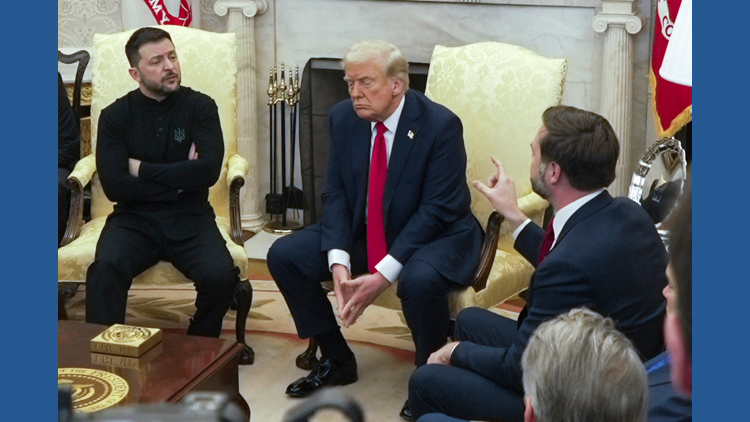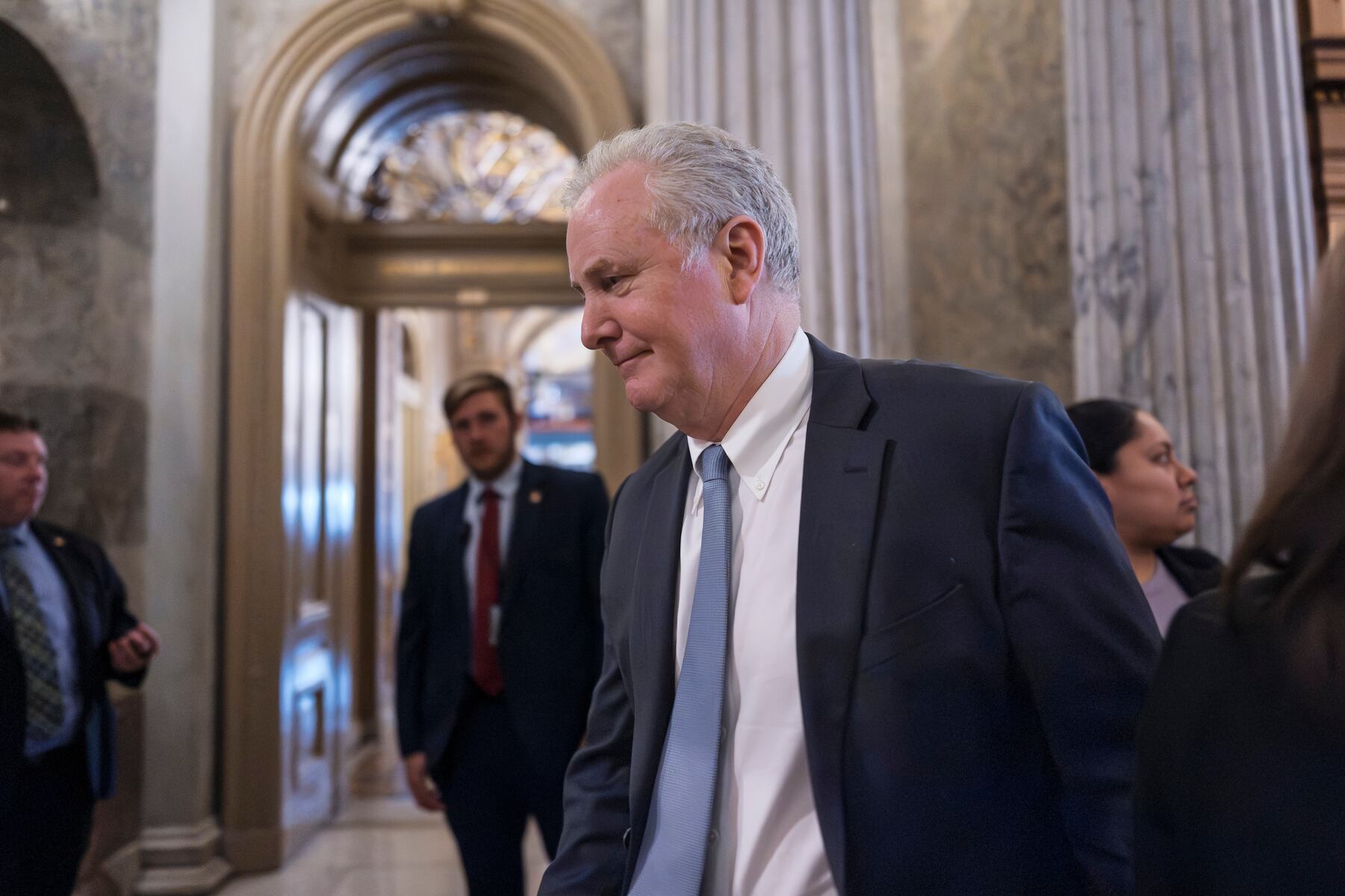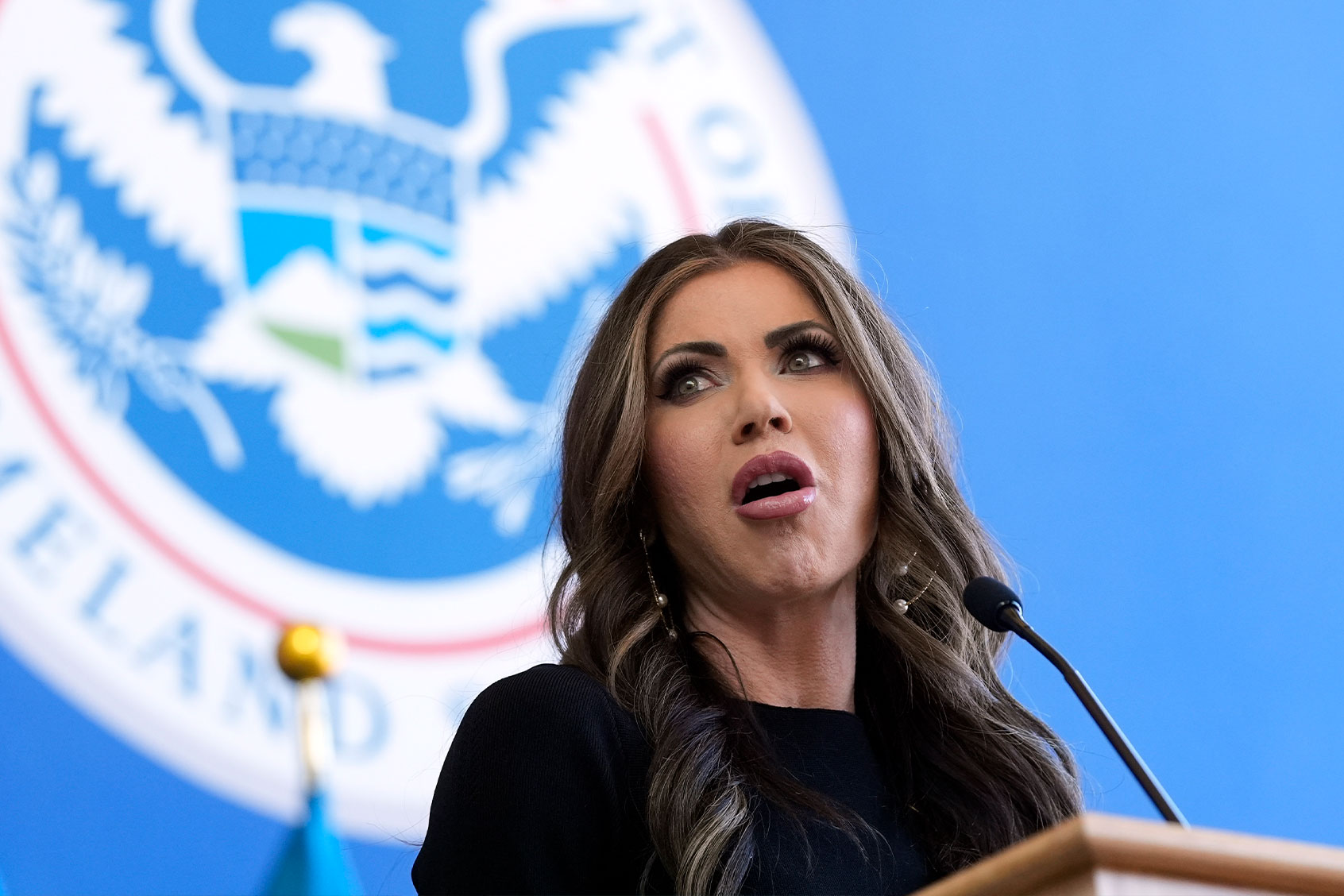
FILE - Vice President JD Vance, right, speaks with Ukrainian President Volodymyr Zelenskyy, left, as President Donald Trump listens in the Oval Office at the White House, Feb. 28, 2025, in Washington. (AP Photo/ Mystyslav Chernov, File)
President Donald Trump has introduced a new 28-point plan aimed at resolving the ongoing conflict in Ukraine, significantly shifting the pressure onto Ukrainian President Volodymyr Zelenskyy. During a press briefing on March 1, 2024, Trump asserted that Zelenskyy lacks the leverage to continue fighting and must instead consider concessions that favor Russia. This latest proposal could reshape the dynamics of negotiations as the war continues to take a toll on Ukraine.
Trump’s comments come as Zelenskyy faces mounting challenges, including a corruption scandal linked to $100 million in kickbacks involving contracts from the state-owned nuclear energy company. The fallout from this situation has led to the resignation of several high-ranking officials in his administration. Given these pressures, Zelenskyy is now confronted with one of the most critical decisions of his presidency.
During his remarks, Trump expressed optimism about achieving peace, stating, “We think we have a way of getting peace. He’s going to have to approve it.” He expects Zelenskyy to respond to this proposal by next Thursday. The proposal was presented to Zelenskyy in Kyiv by Dan Driscoll, U.S. Army Secretary, who reportedly surprised his staff by traveling to Ukraine for this purpose.
Historical Tensions Between Trump and Zelenskyy
The relationship between Trump and Zelenskyy has been fraught with tension since their first interaction in 2019. During that phone call, Trump attempted to pressure Zelenskyy into investigating political rival Joe Biden, a move that ultimately led to Trump’s first impeachment. Trump has since made Biden’s support for Ukraine a focal point of his 2024 campaign, claiming the ongoing conflict has cost U.S. taxpayers too much and promising to end the war quickly.
In an earlier meeting in the Oval Office, Trump and Vice President J.D. Vance expressed frustration over what they perceived as insufficient gratitude from Zelenskyy for the over $180 billion in U.S. aid provided since the war began. This tension culminated in a temporary suspension of assistance to Ukraine, further complicating the already delicate diplomatic relationship.
Trump’s latest proposal urges Ukraine to concede the entirety of its eastern Donbas region, a territory that remains partially under Ukrainian control. Analysts from the independent Institute for the Study of War caution that it could take years for Russian forces to fully capture this area given their current pace of advances. Nevertheless, Trump maintains that the region’s loss is inevitable, asserting, “They’re losing land.”
Zelenskyy’s Dilemma and International Implications
As Zelenskyy navigates this challenging period, he must assess the implications of Trump’s demands, which include significant reductions in Ukraine’s military and formal agreements that would prevent Ukraine from joining NATO. In a video address, Zelenskyy articulated the gravity of the moment: “Now Ukraine may find itself facing a very difficult choice: either loss of dignity or the risk of losing a key partner.”
Political economist Konstantin Sonin from the University of Chicago noted that Trump is adept at identifying vulnerabilities in his opponents. He warned that if Zelenskyy agrees to the proposed terms, it could jeopardize his government. This complex situation is exacerbated by Ukraine’s ongoing military struggles against a superior Russian force and a looming winter that threatens to worsen conditions for civilians.
Zelenskyy’s administration is also grappling with uncertainties about future financial support. Plans by European partners to finance Ukraine’s budget through loans linked to frozen Russian assets are now in jeopardy. Given these pressures, Zelenskyy’s response to Trump’s proposal will be closely scrutinized both domestically and internationally.
The content of Trump’s plan includes controversial elements, such as calls for elections to be held within 100 days of any agreement and provisions that would challenge Ukrainian national identity. One provision demands the abolition of “all discriminatory measures” and the guarantee of rights for both Ukrainian and Russian media. This aspect could be perceived as legitimizing President Vladimir Putin’s narrative around the conflict, which claims a need to “denazify” Ukraine.
Experts like military historian David Silbey argue that the concessions sought by Trump would undermine Ukraine’s national pride, stating, “I just don’t think Zelenskyy could do this deal and look his public in the eye again.” As tensions rise and the situation remains fluid, the world watches closely to see how Zelenskyy will navigate this latest challenge in the ongoing war with Russia.






